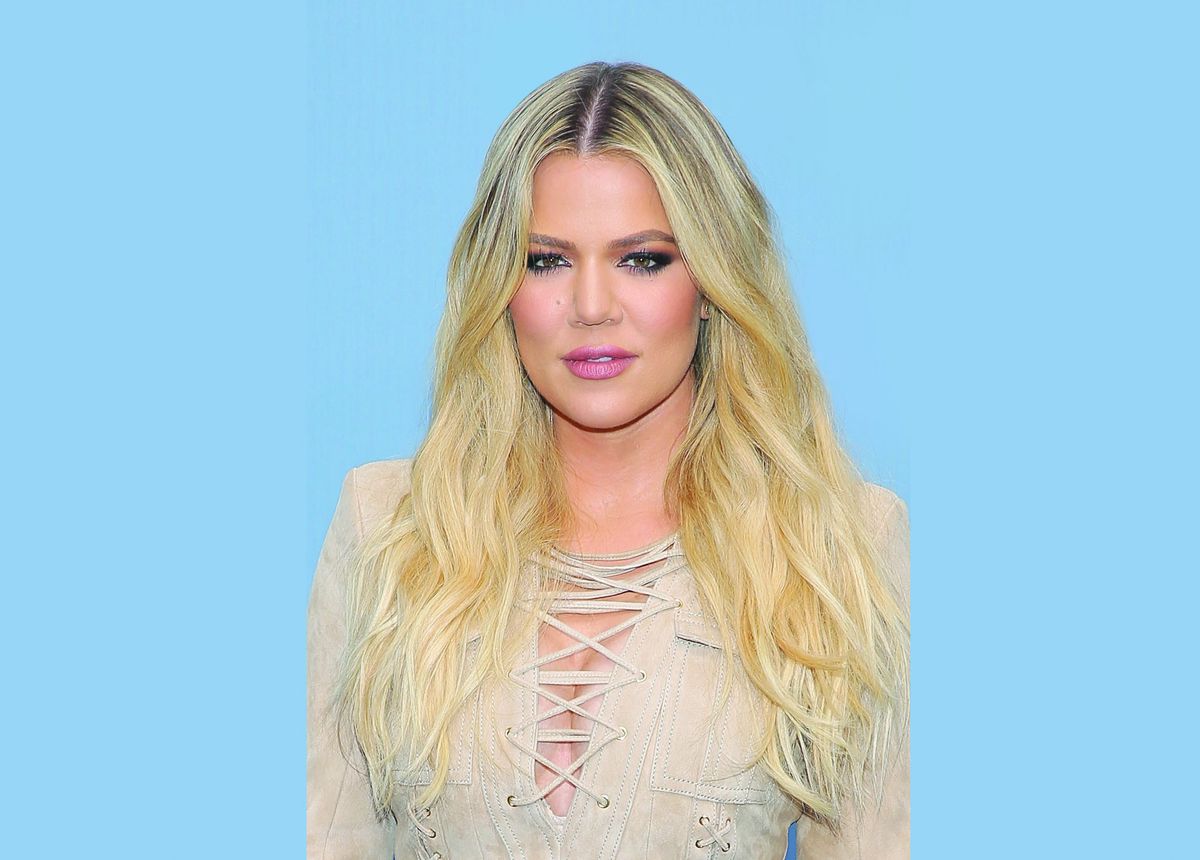This week, Khloé Kardashian announced a new series of posts on her app called Khlo-C-D Week, in which she shares “lazy-girl hacks for cleaning everyday objects” and “major secrets to staying organized.” She also promoted a quiz ("Are you as Khlo-C-D as me?! Or are you messy AF?"), and written on her website that she has momager Kris Jenner to thank for her so-called condition.
But the Revenge Body star’s play on the term OCD—short for obsessive compulsive disorder—has some fans and followers up in arms. “I love being organized as much as the next girl, but don’t try to call your being neat OCD,” one Twitter user wrote. “How dare you brand your supposed tidiness as KhloCD,” another tweeted.
We wanted an expert’s opinion, so we turned to Steven Meyers, PhD, a professor at Roosevelt University and a clinical psychologist who focuses on family relationships. He agrees that while it’s common for people to confuse OCD and a propensity for neatness, that doesn’t make it okay.
“A clinical diagnosis of OCD goes well beyond people who like to be clean or organized or meticulous,” Meyers says. “It involves serious impairment to the person’s functioning on a day-to-day basis. When you use that word for anything else, it creates a disconnect with people’s experiences who are really struggling.”
RELATED: 15 Things People With OCD Want You to Know
As the name implies, OCD is made up of two parts: obsessive thoughts and compulsive behaviors. “These are thoughts and worries that the person can’t stop,” Meyers says, “and the only way to put an end to them is to perform a compulsive ritual that oftentimes is not even understandable to the person doing it.”
These compulsions can take up to an hour a day to perform, and sometimes longer. A person who is obsessively worried about germs might scrub their hands until they bleed, for example, while a person obsessed with home break-ins may become so preoccupied with locking and re-locking the door that they can’t leave the house.
And yes, a person obsessed with keeping her closet or her cookie jar “just so” may spend hours organizing things by color or shape or size. But for people with actual OCD, it's not something they do because they enjoy it—and it isn’t usually something they want to brag about, either.
“There are plenty of people who have some obsessive tendencies or some compulsive tendencies, but the severity is so vastly different than an individual who is actually diagnosed with OCD,” Meyers says.
So how do you know if you (or a loved one) might have a real problem? “When it gets in the way of your everyday functioning,” Meyers says. “If it impairs or distresses your relationships and your ability to enjoy life, or perform your job, or it creates day-to-day problems, it makes sense to reach out for help by talking to a doctor or a mental-health expert.”
RELATED: 6 Warning Signs of a Mental Illness Everyone Should Know
We also wondered about Khloé’s claim that she gets her hyper-organized personality from her mother. “The interesting thing is my mom is a hoarder, but she demands cleanliness and structure from me (and all her kids),” she wrote in a post on her website. (We won't even start with the fact that "hoarder" is another term that probably shouldn't be thrown around lightly.)
It's entirely possible that parents can instill neatness into their children, says Meyers: “When people are meticulous or very specific in how they organize their lives, that could be a learned behavior,” he says. Then again, that’s not always the case. "Sometimes children are resentful for growing up a certain way," he adds, "and they reject those tendencies when they move out and get their own homes.”
Actual OCD sometimes runs in families as well, and scientists believe it has to do with a combination of genetics and environment. Research shows that people with a parent or sibling with OCD are nearly five times as likely to have the disorder themselves, compared to someone with no family history. But OCD can also be triggered by a traumatic experience, Meyers says, and sometimes people develop it for no known reason.
To get our top stories delivered to your inbox, sign up for the Healthy Living newsletter
But back to Khloé’s repeated use of the term: At best, it’s an innocent mistake, but it’s clearly already hurt a lot of feelings. “People who have this disorder feel profoundly misunderstood when people use the same term in these sorts of settings,” says Meyers. Even if the word isn’t used in a derogatory fashion, he says, it can feel invalidating.
“It’s like confusing somebody who has the blues with someone whose depression is so severe they can’t get out of bed,” Meyers continues. “Or somebody who’s economically secure saying they’re poor, which miscommunicates a lack of empathy to people who are struggling on a daily basis to meet their basic needs.”
The bottom line? “Khloé’s personality and preferences could be better captured by using words like meticulous or hyper-organized, rather than using words like OCD,” says Meyers. Or she could just take the advice of Metro UK editor and mental-health podcaster Ellen C. Scott. “Please can you stop using KHLO-C-D as a title for your cleaning series?” Scott tweeted. “Feel free to take Khleaning with Khloé, I won’t even ask for credit.”
